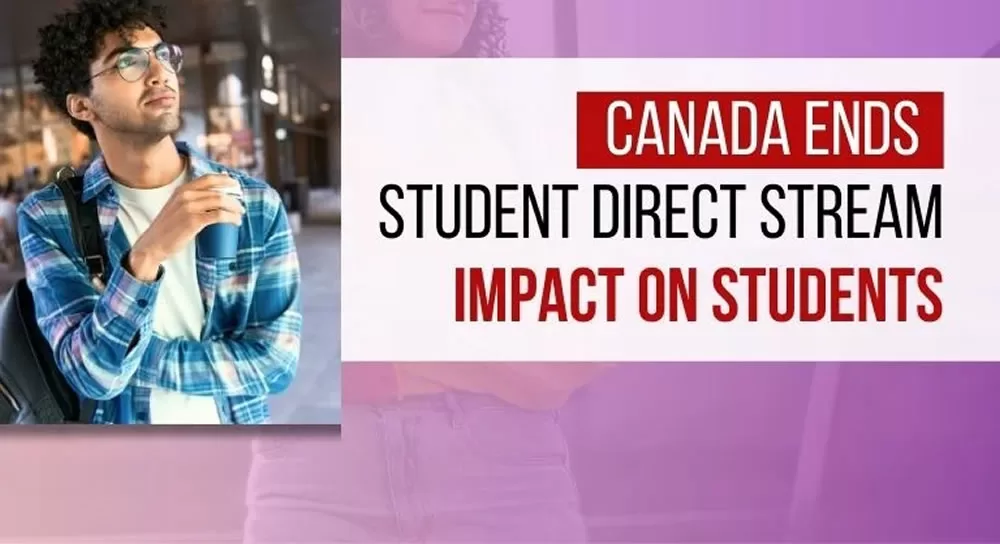

More in Travel
-


Travel
Skilled Worker Visa & Senior or Specialist Worker Visa Compared
By Marika Cash – Legal Associate 21 Apr 2025 In This Article 1. Skilled Worker and...
-


Travel
Is it discriminatory to prevent non-EEA nationals with pre-settled status from being joined in the UK by their spouse?
There is a strong argument that the answer to this question is yes. The Home Office...
-


Travel
Manitoba Launches New Canada Work Permit Extension Policy for PNP Candidates
On This Page You Will Find: What Manitoba’s new public policy means for PNP candidates Who...
-


Travel
Trump’s New Registration Requirement Could Forcibly Separate Millions of Immigrant Families
The American Immigration Council does not endorse or oppose candidates for elected office. We aim to...
-


Travel
A guide to right to work checks
Employers in the UK are required to conduct right to work checks to ensure that their...









